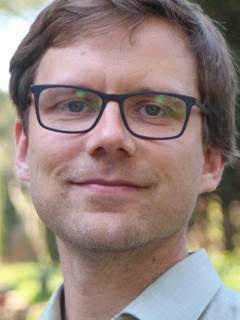The phenomenological movement, one can confidently affirm today, is thriving. This is true first of all with regard to the dominant metrics of modern academic life, the number of publications appearing every year: in 2019, nearly 200 books closely related to phenomenology were published (source: Phenomenological Reviews) and more than 100 phenomenology journals produced at least one new issue (source: OPHEN). Similarly, the number of scholars devoting their career entirely or partially to phenomenology is greater than it has ever been: the non-exhaustive OPHEN directory lists about 2500 active researchers and, less significantly, more than 200.000 people have chosen phenomenology as a theme of interest on Academia.edu. On almost any given day of the year, a conference, workshop or summer school devoted to phenomenology is happening somewhere in Europe, North or South America, Asia or indeed Africa.
Further signs of phenomenology's current vitality can be found in its thematic advances and institutional foothold. The number of chairs in phenomenology is stable, new societies and new projects are materialising, and big grants such as ERCs are being won. Even more significantly, phenomenology has managed over the last decades to broaden out and entrench itself in many fields beyond philosophy (critical, environmental, gender, literary or management studies, pedagogy, psychology and psychiatry, sociology, anthropology, etc.). In this process, moreover, it has not lost itself but continued a process of methodological reflection on its own foundations – as witnessed by the ever-renewed fascination for the thought of its founders and the growing historical and theoretical interest in early phenomenology, women philosophers, or thinkers such as Emanuel Levinas, Jan Patočka or Gustav Špet.
Despite – or perhaps because of – this flurry of activity, however, the current moment is not one of certainties and clarity for the phenomenological movement. Where once a few towering masters provided structure and orientation, we now have a fragmented multiplicity of perspectives and interests, often competing not only for funds, but also for attention and recognition; where once a few key places functioned as powerful magnets that attracted all phenomenologists, the geography of phenomenology now is a dense network without universal centres; where once key projects such as the edition of the Husserliana provided a horizon and infrastructural framework for the whole field, we must now rely on the huge but yet unclear promises of the digital turn.




